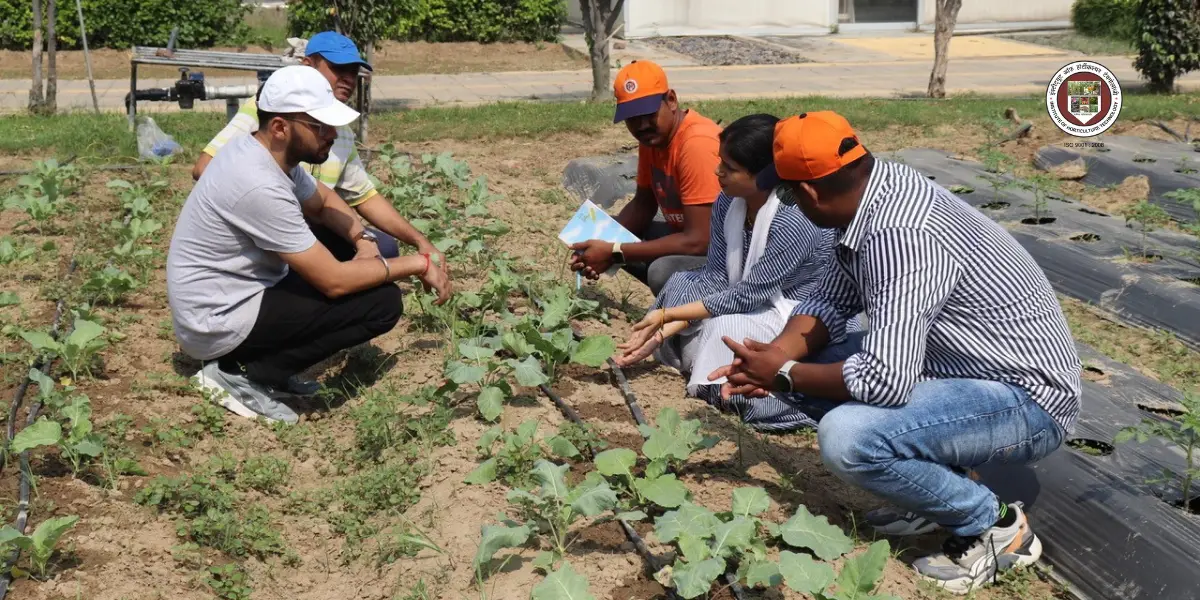Greenhouse protected cultivation, it is important to consider the future of this innovative farming method. Greenhouse farming has proven to be a sustainable and efficient way to produce high-quality crops, regardless of the weather or environmental conditions. With the growing demand for fresh and locally sourced produce, the importance of greenhouse cultivation is only set to increase.
The advancements in technology, such as automated systems and precision farming techniques, have revolutionized greenhouse farming. These developments not only optimize resource utilization but also enable growers to monitor and control critical factors like temperature, humidity, and lighting with precision.
Furthermore, the increasing focus on sustainable farming practices and the need to minimize the environmental impact of agriculture have made greenhouse cultivation even more crucial. The controlled environment and reduced water consumption of greenhouse farming make it an environmentally friendly option compared to traditional open-field farming.
As we look to the future, the potential for innovation and continued growth in greenhouse protected cultivation is immense. We can expect to see more efficient use of energy and water, increased integration of renewable energy sources, and advancements in crop genetics tailored specifically for greenhouse environments.
In conclusion, greenhouse protected cultivation offers a multitude of benefits to both farmers and consumers. By enabling year-round cultivation, minimizing the use of pesticides, and reducing the carbon footprint of our food production, greenhouse farming is a key solution to the challenges faced by traditional agriculture. As we embrace the future of farming, let us appreciate the enormous potential of greenhouse protected cultivation in ensuring a sustainable and abundant food supply for generations to come. To gain more knowledge, apply for the course today!
Comments are closed.




